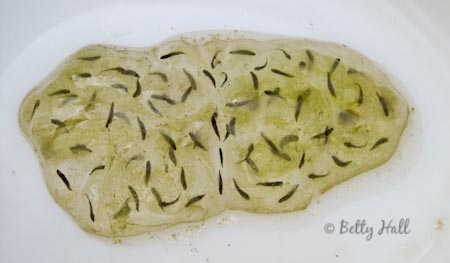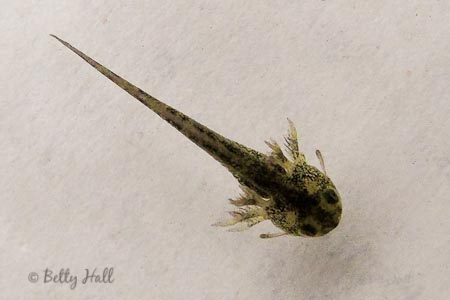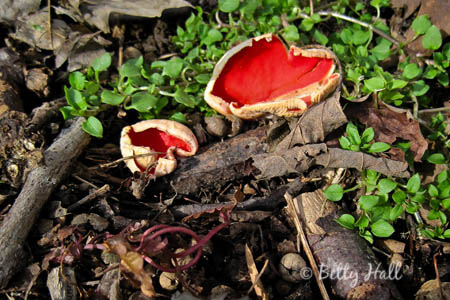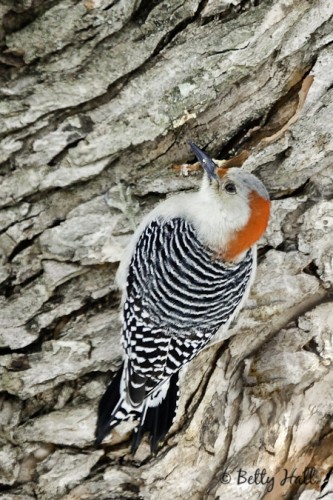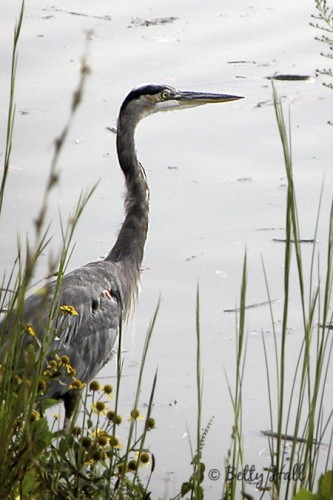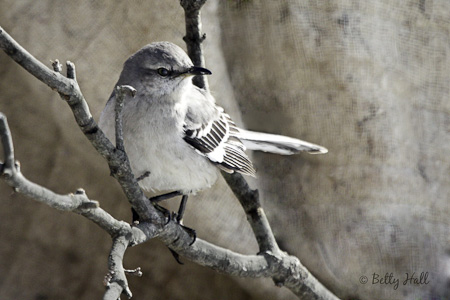Can I grow a frog? Time will tell. I now know that tadpoles and polliwogs are both names for the early life stage of frogs and they are the subject of my latest learning adventure.
A friend who lives in the country brought me frog eggs last week. They were small black ovals in a clear jelly-like blob. Two days later, I was delighted to see tadpoles swimming in the water.
I did some research to find out how to take care of these wee ones and the information at How to Raise Tadpoles was especially helpful. My current plan is to:
- Provide them with clean non-chlorinated water (preferably rain water).
- Feed them small bits of cooked spinach or lettuce.
- Watch them grow!
The tadpoles are now six days old and about one-half inch long. For a closer look, I used a magnifying glass and was surprised to see details I hadn’t noticed before. I like their mottled coloring, the two big eyes and I’m fascinated by their feathery gills.
I was pleased to be able to capture these details using the macro setting on my small point and shoot camera. This is another instance of how taking a closer look has given me a different perspective and a renewed appreciation for the wonders of nature.

